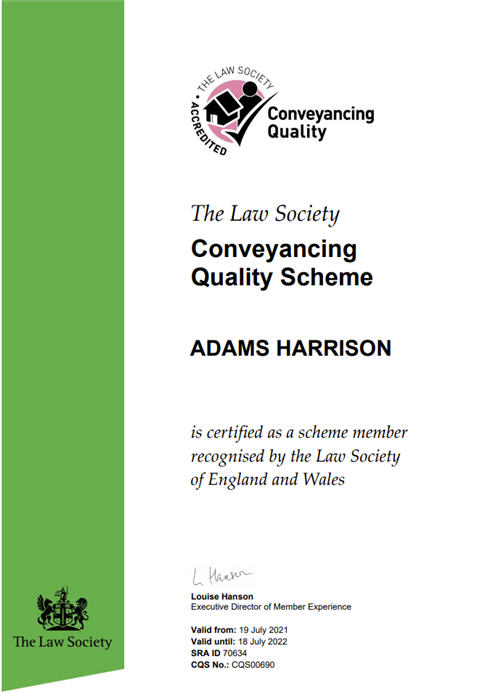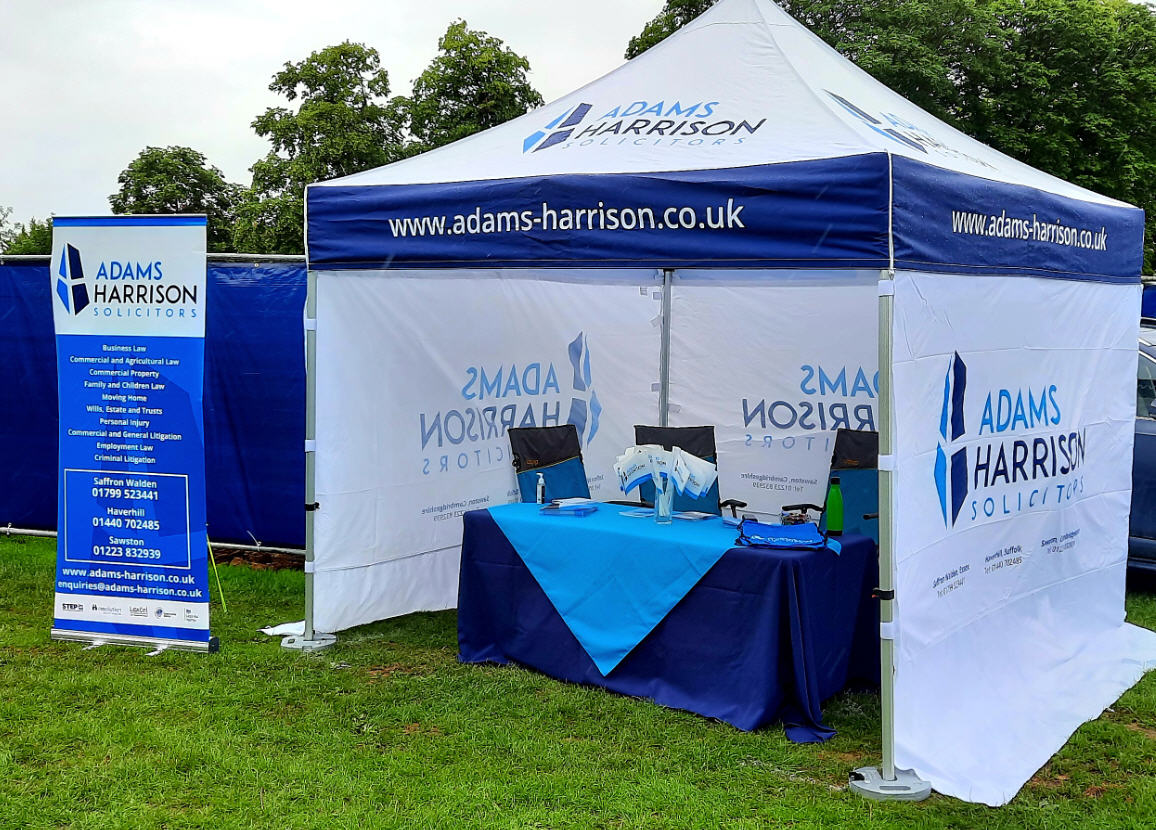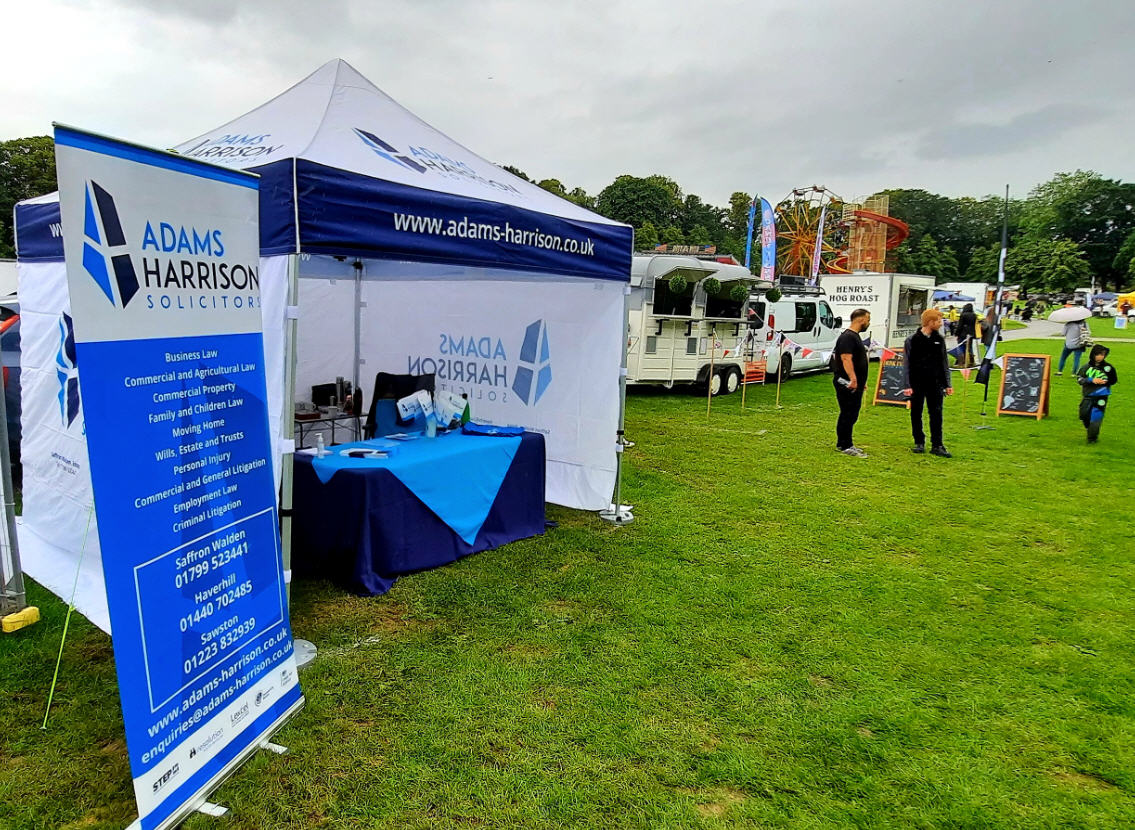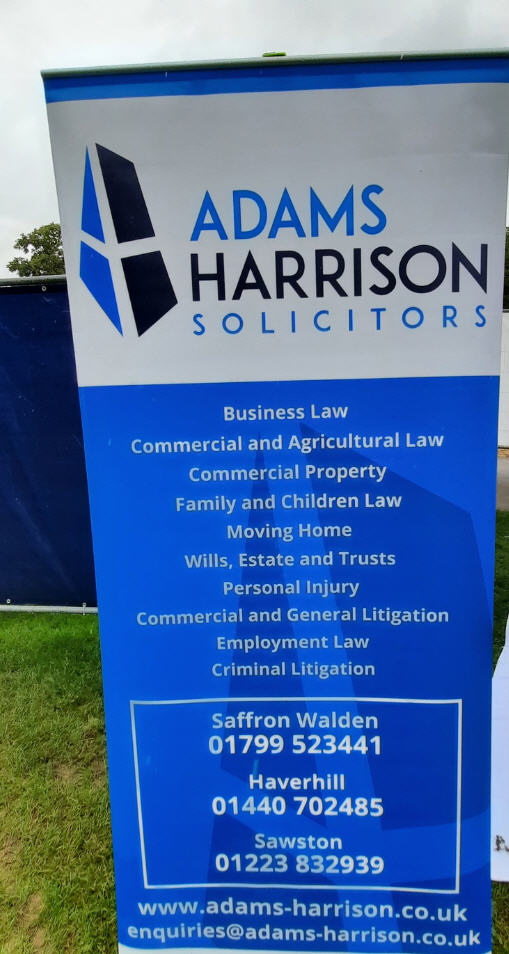Death and Digital Assets
Our lives are now carried out online far more than they were even 10 years ago.
E-mail accounts, Paypal accounts, Bitcoin, Etsy accounts, blogs, digital photos, media players, gaming accounts, social media accounts etc are all digital assets.
However, there is no actual definition of what a digital asset is.
What happens to those digital assets after your death? How can you protect those assets and not lose sentimental or financially viable items?
Unfortunately, the law is very unclear in this regard and there is no correct answer. There is no consistency between service providers on how they deal with these items. Some social media platforms can be taken offline, frozen or used as a memorial. Apple provide a legacy feature allowing someone to access their account after their death. Some of these digital assets are not deemed to be owned by you and some view email as information rather than an asset. It may be necessary to obtain a court order to gain access to such accounts. This is time consuming and expensive. Cryptocurrency i.e. Bitcoin is an asset that can only be accessed with a passkey. It is vitally important to leave a record of your passkey so that the account can be accessed after your death.
What you can do:-
- Make a comprehensive list of your digital assets
- Keep your passwords and other details in a password manager and provide the login details to your executor or leave a sealed envelope with your Will. Ensure you update the details in the manager when you update your password or other information.






